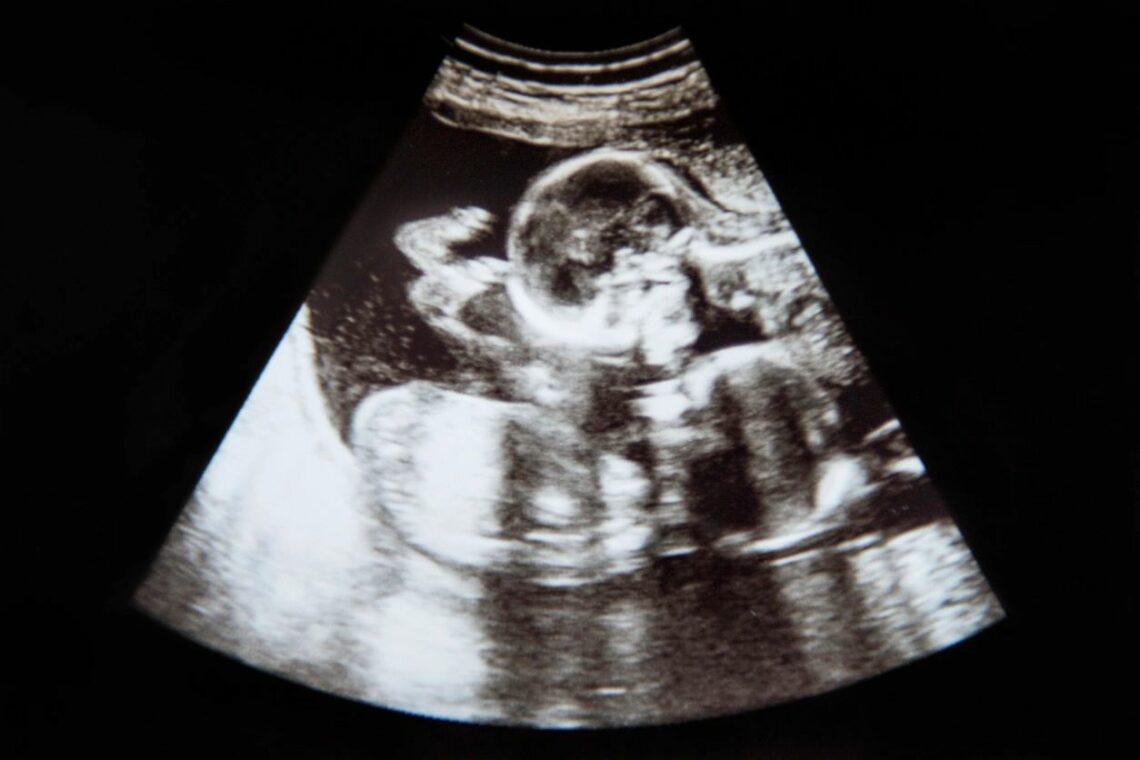Natural human language-use entails moral obligations, specifically objective obligations between persons. All of these obligations are routinely broken (see Twitter). These obligations are both objective and social. They depend on being objective and not merely an expression of a particular preference or culture. They also depend on the existence of a social context composed of more than one person. As Nicholas Wolterstorff claims, “speaking is, through and through, a normative engagement.” Wolterstorff suggests three norms and provides examples: (i) speech should be related rightly to the mental state of the speaker. If the speaker asserts something he ought to believe it. If the speaker promises something, he ought to intend to fulfill…
-
-
On Desire
Dissatisfaction is a mental state induced by not getting what one wants. Desire is also a root of evil. As James puts it, “each person is tempted when he is lured and enticed by his own desire. Then desire when it has conceived gives birth to sin, and sin when it is fully grown brings forth death” (James 1:14-15). There are at least two proposals on the cultural table for dealing with desires. Neither way works. The first way is to attempt to remove desires from the inside. This is the way of ‘enlightenment’ – coming to believe a new truth – there are no such things as desires. They appear real, but…
-
If Human, then Person
I am a person. So are you. A person is the kind of thing that one ought not kill without a good reason. If the little being inside the womb is also a person, then it ought to be protected as much as is possible. If so, then the state should secure this protection by granting legal rights to the little being in the womb. According to the Christian, something is a person if it is made in the image of God. Furthermore, only persons are made in the image of God. Although God created cows, mountains, vegetables, and clouds, none of them are made in his image. “God created…
-
If You Support Acting to Mitigate the Effects of Climate Change, You Won’t Support Abortion
Imagine you are placed into a time travel capsule and sent 100 years into the future. Before you are jetted off, you are allowed to make some changes to the activities of human beings in the present that may make your life better or more tolerable 100 years from now. You have been studying climate science and it seems to you that there is a 50% probability that some of our activities in the present will have bad consequences 100 years from now. So, you make some changes to human activities that will perhaps mitigate the harmful effects of those activities. Then you are sent into the future. If what…
-
If I Am Glad I Exist, I Cannot Be Okay With Abortion
I am glad that I exist. I hope you are too. To be glad about one’s existence is to prefer it to be the case that one exits rather than one does not. If I am glad that I exist, then I don’t want the history of the world up until my existence to be significantly altered. This is because my existence is contingent upon an incredibly complex history leading to the joining of a particular sperm with a particular egg. Any other pairing would have produced someone else and thus I would not exist. It follows that if I am glad that I exist now, then I also don’t…
-
Some More Refutations of Pro-Abort Arguments
Jennifer Wright argues that pro-lifers ignore facts. Six of them. Well I don’t want to ignore facts. So, what are they? Are they true? Are they relevant to the moral status of abortion? First, Wright claims that fetuses are distinguishable from babies: “They can pretend fetuses are indistinguishable from babies, despite the fact that medical evidence tells us fetuses cannot live unsupported, even with a respirator before 21 weeks.” In other words, a fetus is a baby only if it can live unsupported. But if this was a condition for babyhood, it would be morally permissible to kill many babies who are already born. Many babies are born premature or…
-
Life at Conception: A Reply to Jean Kazez
According to Jean Kazez, it is implausible that life begins at conception. She suggests that an entity with life-status must be an entity that has continuity and can be individuated. To have continuity an entity must have identity conditions at t1 and t2. To be individuated an entity must have some set of conditions that set it apart from another entity. Kazez argues that the entity in the womb has neither until it is 14 days old. Thus, life cannot begin at conception. Her argument is as follows: (1) If it is a life, then it is a unified, continuous individual. (2) An embryo is not a unified, continuous individual.…
-
If Equality, then God.
Louis Pojman makes a convincing case for the conclusion that if there is any case for the equal dignity of human beings, then God exists: “The doctrine that all people are of equal worth, and this endowed with inalienable rights, is rooted in our religious heritage…The originators of rights language presupposed a theistic world view, and secular advocates of equal rights are, to cite Tolstoy, like children who see beautiful flowers, grab them, break them at their stems, and try to transplant them without their roots. The egalitarian assertions of the United Nations’ Universal Declaration of Human Rights are similar to those of our Declaration of Independence, with one important…







